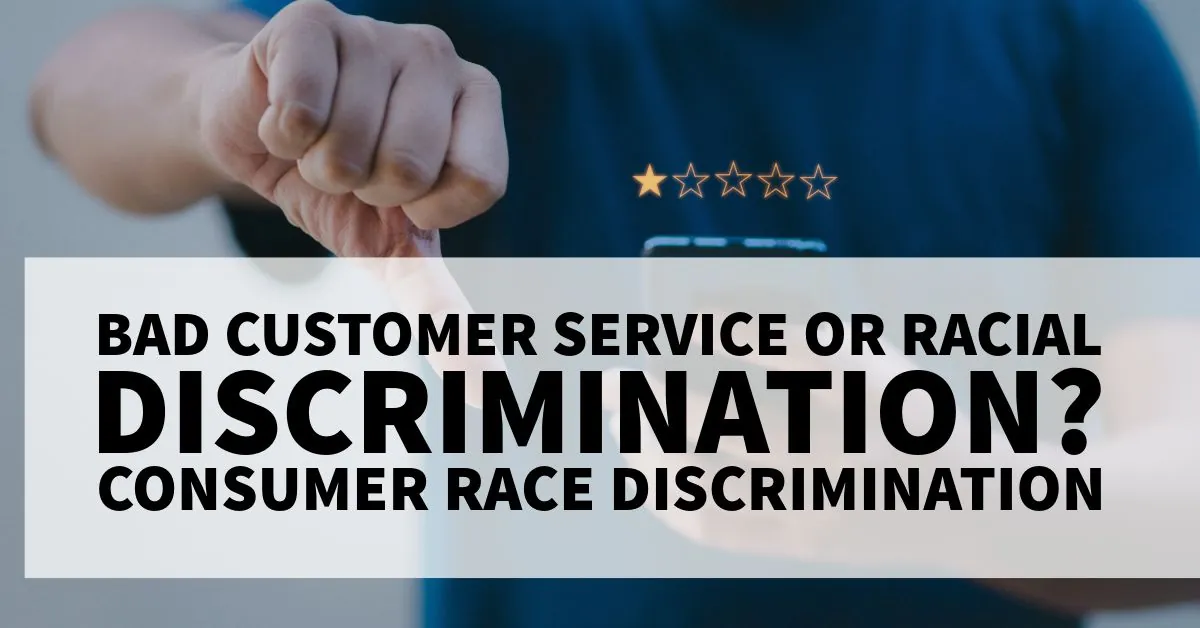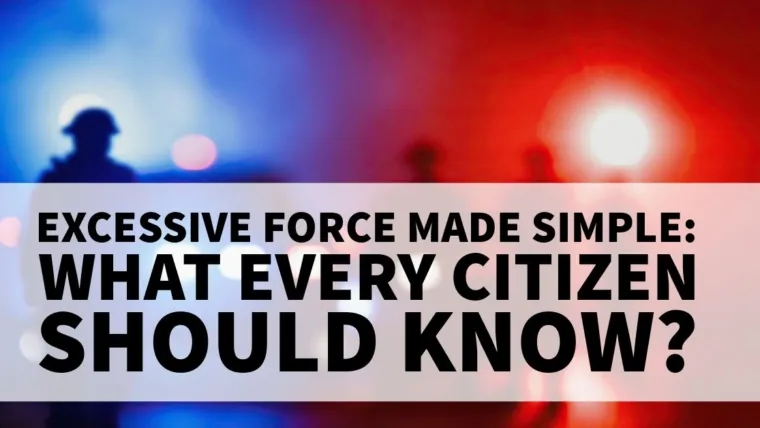By Attorney Gil Sanchez
Most of us have met the universal “a**hole” — the employee who’s rude to everyone. Rudeness alone isn’t illegal. 42 U.S.C. § 1981 is the federal civil-rights law that forbids race-based interference with contracting — buying a meal, checking into a hotel, cashing a check, renting a car, etc. To win under § 1981 you must prove intentional race discrimination and that race was a but-for cause of what happened. In plain English: the bad thing would not have happened but for your race.
Here’s the fine line. Bad customer service is not automatically racial discrimination. Courts usually look for a concrete impairment of your right to “make and enforce contracts.” That often means a denial of service — being refused the sale, ejected, trespassed, or having the police called to remove you — coupled with evidence of intent (e.g., a racial slur) or strong circumstantial proof. Without a slur or direct proof, judges compare how you were treated against a similarly situated white customer at the same time. That “comparator” evidence is powerful but hard to capture in the moment. (Congress broadened § 1981 to cover the formation, performance, modification, termination, and benefits of contracts — but many courts still insist on proof your contract right was actually impaired.)
Two more guardrails from the Supreme Court: (1) You need your own contractual right at stake — you can’t sue just as a bystander to someone else’s contract, and (2) you must meet the but-for causation rule mentioned above. Those principles make fact development critical: time-stamped receipts, video, witnesses, and side-by-side treatment of other customers often decide these cases.
What to do in the moment. If you believe you’re facing race-based discrimination at a business (hotel, restaurant, gas station, retail store, bank, rideshare, etc.): document everything. Take discreet photos/video of the employee and scene; save receipts and screen captures; get witness names and phone numbers; write down exactly what was said (especially any slurs or “we don’t serve you”-type statements); and report it immediately to the manager and corporate customer service. Hard truth: in many courts today, if you voluntarily leave before a denial occurs, your § 1981 claim will almost certainly fail because you can’t show the business actually impaired your right to contract. A record of denied service (refusal, ejection, trespass, or police removal) is often what separates bad service from a viable federal civil-rights case.
If this happens, contact us immediately. We’ll secure camera footage and point-of-sale data before it’s overwritten, line up comparator evidence, and evaluate remedies — including damages and, against private defendants, punitive damages and attorney’s fees when you prevail.
Full Text of 42 U.S.C. § 1981 — Equal rights under the law
(a) Statement of equal rights.
“All persons within the jurisdiction of the United States shall have the same right in every State and Territory to make and enforce contracts, to sue, be parties, give evidence, and to the full and equal benefit of all laws and proceedings for the security of persons and property as is enjoyed by white citizens, and shall be subject to like punishment, pains, penalties, taxes, licenses, and exactions of every kind, and to no other.”
(b) “Make and enforce contracts” defined.
“For purposes of this section, the term ‘make and enforce contracts’ includes the making, performance, modification, and termination of contracts, and the enjoyment of all benefits, privileges, terms, and conditions of the contractual relationship.”
(c) Protection against impairment.
“The rights protected by this section are protected against impairment by nongovernmental discrimination and impairment under color of State law.”



